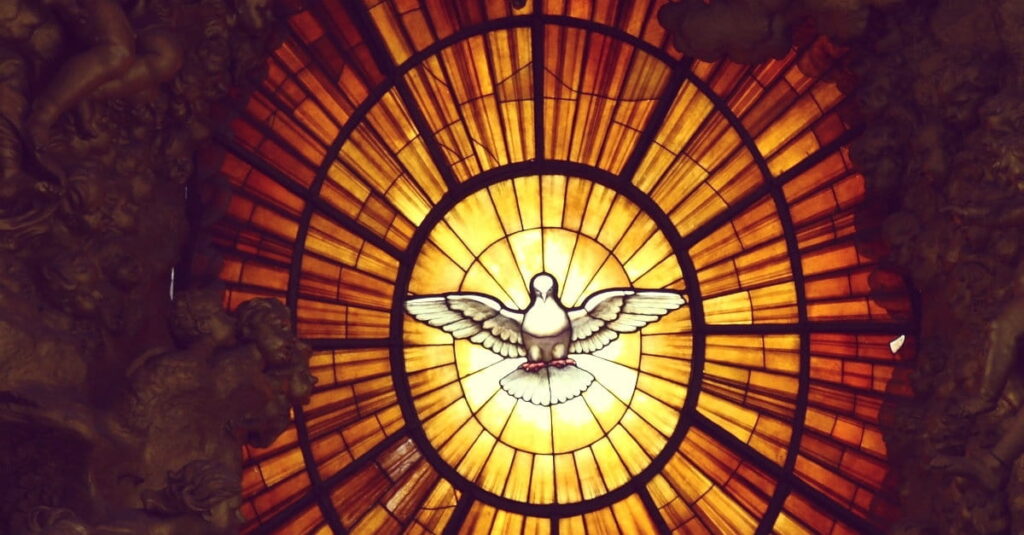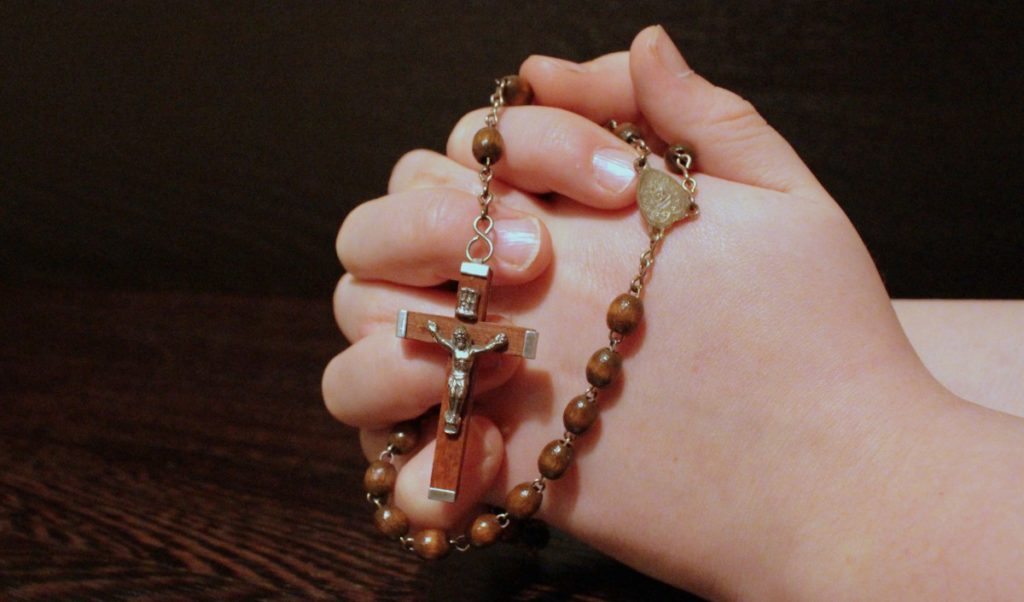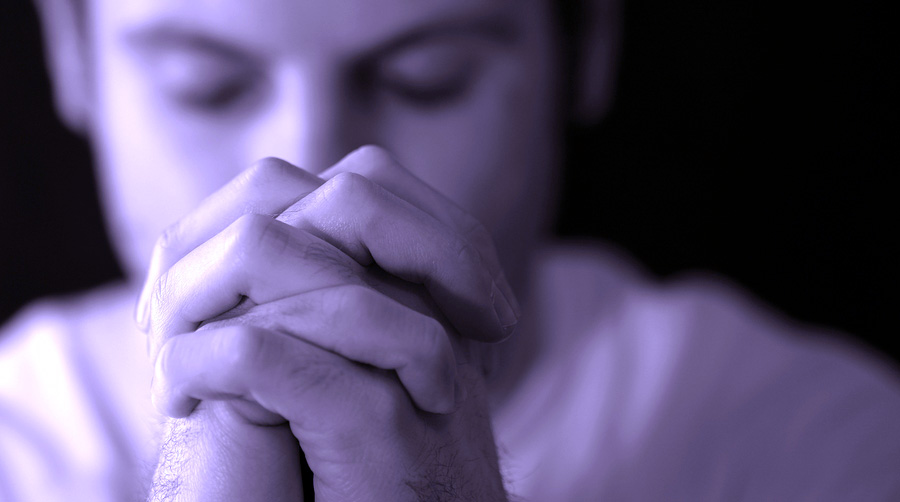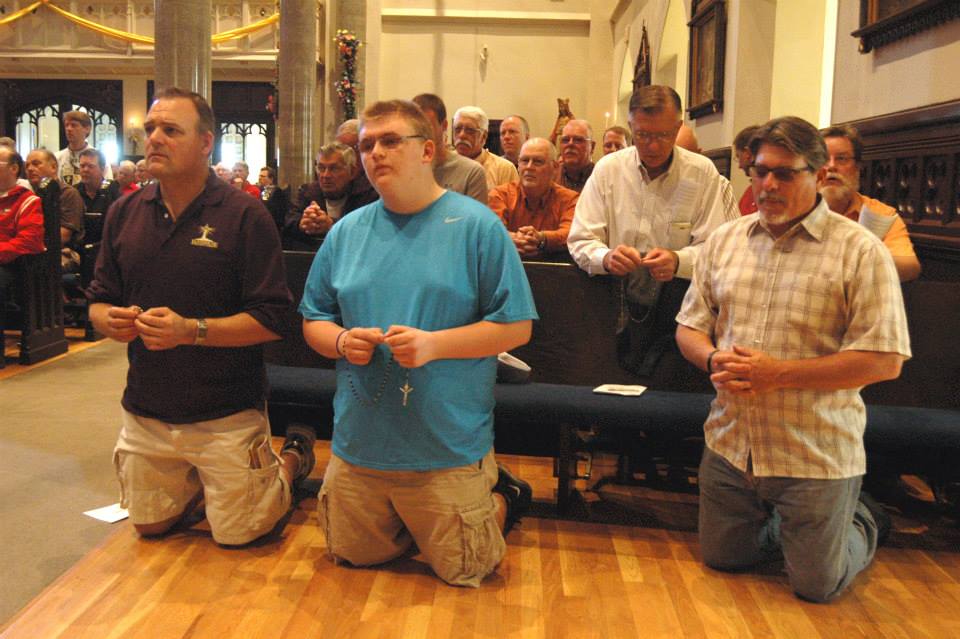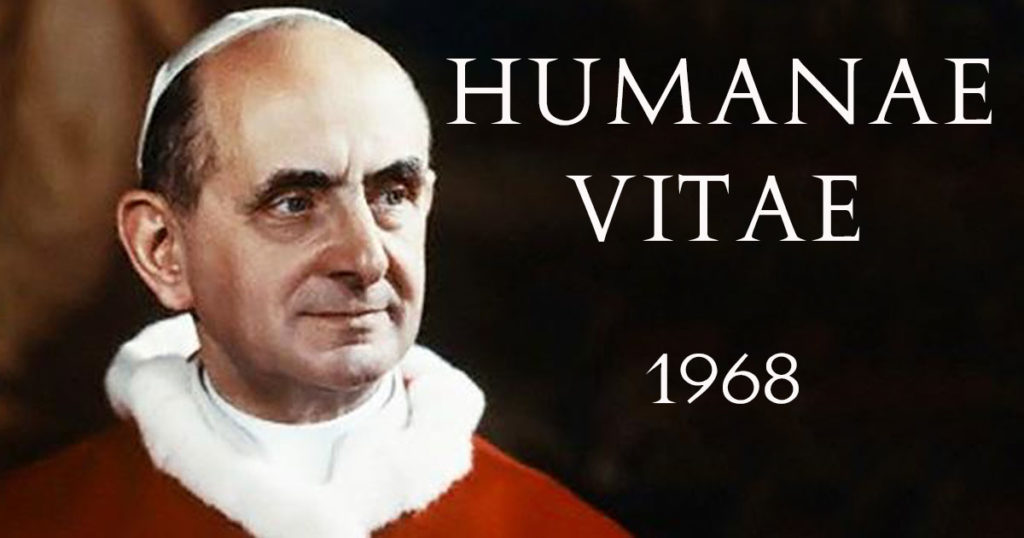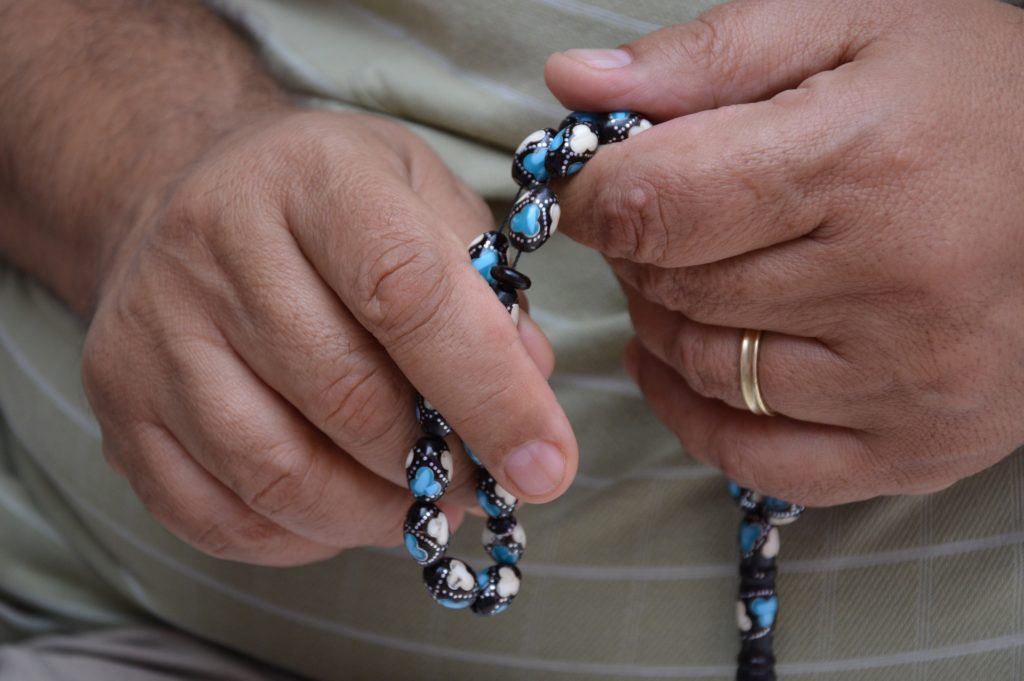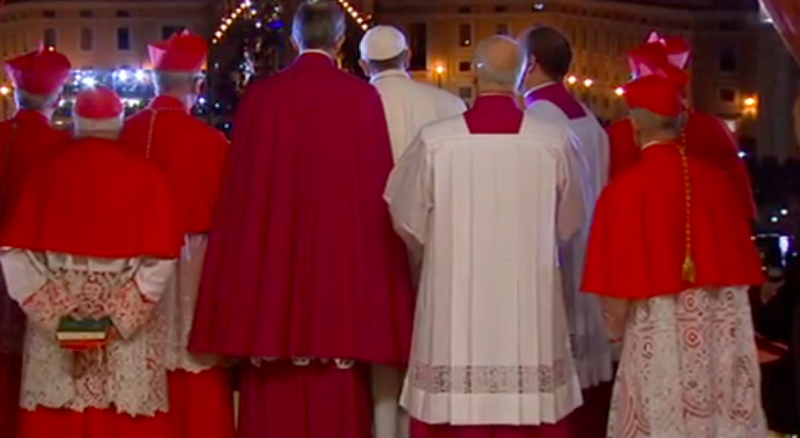Prayer Sets Us Free
I think by now many of us are coming down with cabin fever. You can only binge-watch so many series on Netflix and Disney+. You can only play video games and read books for so long. Even getting out and taking a walk is starting to feel a bit repetitive. I feel anything but free. […]
Prayer Sets Us Free Read More »

